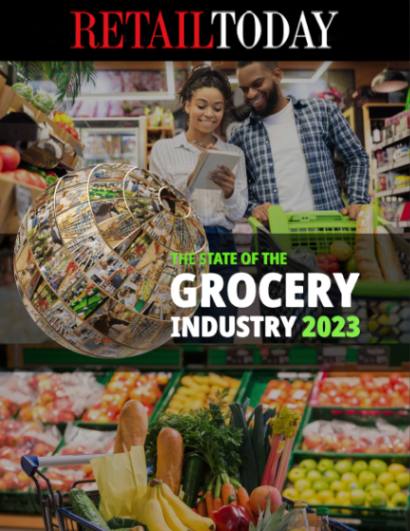Future Commerce Initiative (FCI) releases new case research focused on the future of digital selling, fulfillment and delivery. The study finds the range of digital selling models in use today and planned for near future use shapes the supply chain design including fulfillment, pickup and delivery.
The global, qualitative study co-sponsored by Blue Yonder was conducted by FCI with support and guidance from Daniel O’Connor, an executive in residence at Harvard Business School. The research involved multiple conversations with 20-plus retailers, wholesale/distributors, digital sellers, leading delivery networks and quick commerce (Q-commerce) companies, as well as significant contributions from consulting firms from July to September 2021. Researchers examined both what the holistic choices were and why retailers chose the approach they have, including different selling models, store networks, pickup solutions, fulfillment networks, and last-mile delivery models to maintain profitability in the digital world.
“Retail has had three major transitions points over the past 100 years; we use the term ‘generation’ to signify these major transition points. There is a fourth generation of retail emerging that will continue over the next three-to-five years. Legacy retailers that fail to move from the old to the new business model risk losing market share, ceding competitive advantage, and even going out of business,” said O’Connor.
Key Study Findings:
- Digitization has fundamentally opened new possibilities for brands and retailers of all types. Digital is a data-driven strategy powered by growing data sets, analytics and algorithms that enable deep personalization, newfound speed, and precision.
- Digital retailing is not static. The days of selling from a simple digital catalog has given way to a range of marketplace, social selling, community selling and other digital models (including the evolution of the metaverse). As consumers’ habits evolve to new digital shopping options, all retailers and sellers look to implement new digital selling models. These new substitutes then may devalue any previous selling model.
- Industry Economics Changing Profoundly. All retailers are looking to digitize, but it involves a deeply complex series of choices. Jumping from a store only to a digitally based or hybrid selling, fulfillment and distribution model requires enormous scale, new skills, organization structures, capital investment, and metrics. Executive teams and their boards are challenged to invest beyond digital “point solutions” while also having a satisfactory return on invested capital. For the digitally-native retailer these strategies are core without a competing physical, “in person” retail architecture to consider.
- COVID-19 pandemic provided the watershed moment for grocery retailers to expand digital sales. Grocery digital sales, pre-COVID-19, hovered around 4-5% of total sales. These often reached 10-12% with individual categories such as beauty and skin care, while categories such as pet and baby reached as high as 40%. No grocery retailer in this study, however, was prepared for the 25% or 50% digital grocery environment already visible in markets such as China today.
“As selling models are changing, this evolution comes with supply chain implications spanning operational total shareholder return (OTSR), namely service levels, revenue, margin, cost to serve, and cash. Therefore, it is important to understand the selling model that works best for them before they go out and configure the end-to-end value network including solution strategies and ecosystem partner choices to deliver the network effect. We encourage industry decision-makers to carefully consider the implications of the FCI study in their transformation blueprints,” said Shri Hariharan, go-to-market leader and corporate vice president, Industry Strategies, Blue Yonder.





